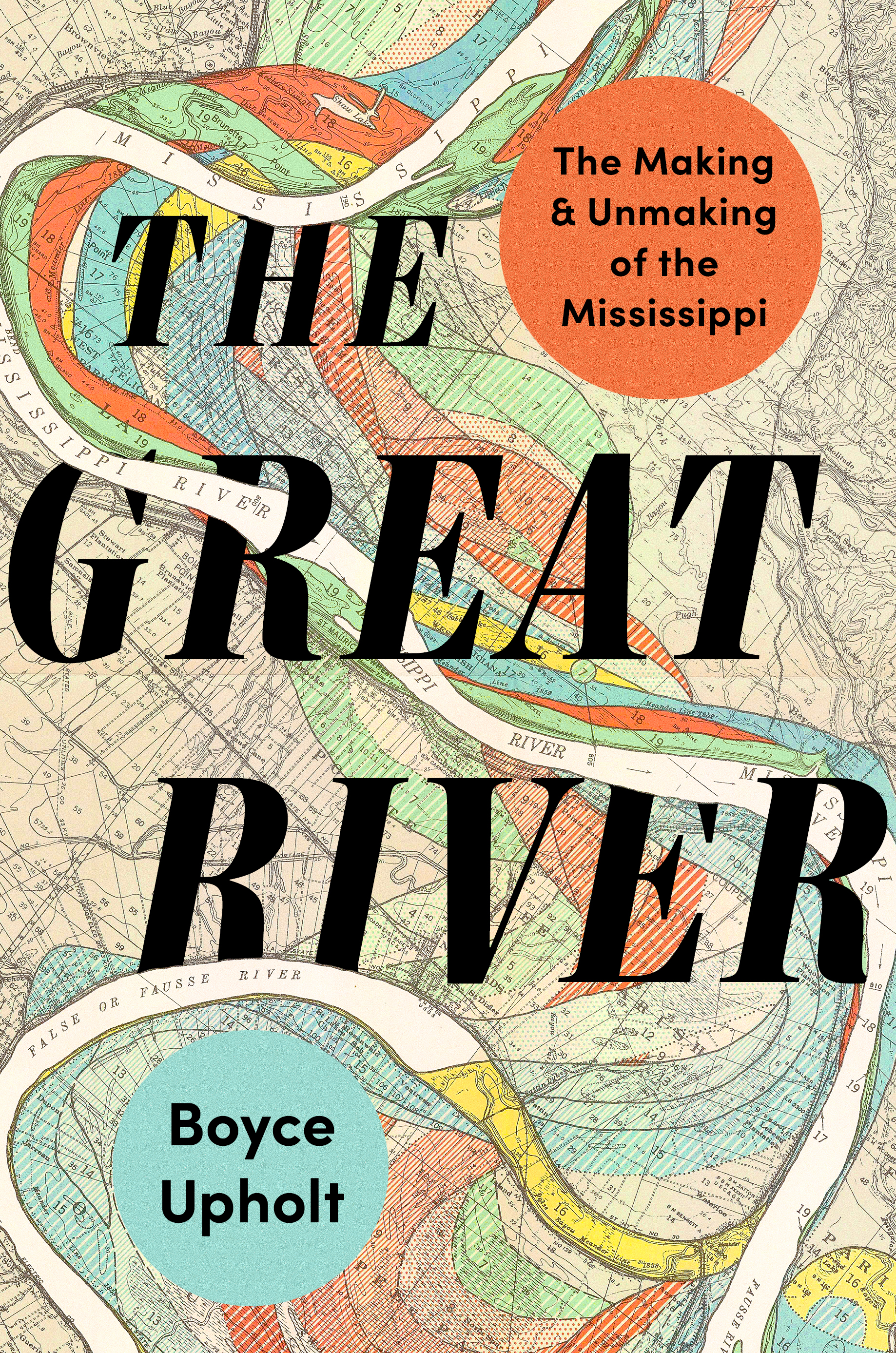Instant Bestseller
A sweeping history of the Mississippi River―and the centuries of human meddling that have transformed both it and America.
The Mississippi River lies at the heart of America, an undeniable life force that is intertwined with the nation’s culture and history. Its watershed spans almost half the country, Mark Twain’s travels on the river inspired our first national literature, and jazz and blues were born in its floodplains and carried upstream.
In this landmark work of natural history, Boyce Upholt tells the epic story of this wild and unruly river, and the centuries of efforts to control it. Over thousands of years, the Mississippi watershed was home to millions of Indigenous people who regarded “the great river” with awe and respect, adorning its banks with astonishing spiritual earthworks. The river was ever-changing, and Indigenous tribes embraced and even depended on its regular flooding. But the expanse of the watershed and the rich soils of its floodplain lured European settlers and American pioneers, who had a different vision: the river was a foe to conquer.
Centuries of human attempts to own, contain, and rework the Mississippi River, from Thomas Jefferson’s expansionist land hunger through today’s era of environmental concern, have now transformed its landscape. Upholt reveals how an ambitious and sometimes contentious program of engineering―government-built levees, jetties, dikes, and dams―has not only damaged once-vibrant ecosystems but may not work much longer. Carrying readers along the river’s last remaining backchannels, he explores how scientists are now hoping to restore what has been lost.
Rich and powerful, The Great River delivers a startling account of what happens when we try to fight against nature instead of acknowledging and embracing its power―a lesson that is all too relevant in our rapidly changing world.
20 illustrations; 3 maps

